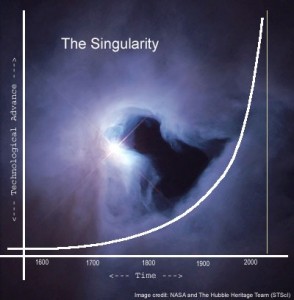 I support Israel’s right to their historic homeland. But isn’t it ironic (and shameful) that Glen Beck, a Mormon, is leading the rally when The Book of Mormon has more in common to the Protocols of the Learned Elders of Zion than the New Testament?
I support Israel’s right to their historic homeland. But isn’t it ironic (and shameful) that Glen Beck, a Mormon, is leading the rally when The Book of Mormon has more in common to the Protocols of the Learned Elders of Zion than the New Testament?
“Wherefore, as I said unto you, it must need be expedient that Christ—for in the last night the angel spake unto me that this should be his name—should come among the Jews, among those who are the more wicked part of the world; and they shall crucify him—for thus it behooveth our God, and there is none other nation on earth that would crucify their God.” (2 Nephi 10:3)
Obviously this is reflective of the racist views of the plagiarist Joseph Smith and was not divinely revealed. It is incompatible with the revelation that God has given us in the Bible. The truth is that every nation is wicked enough to kill their God. Even more, there is only one God and he did not belong exclusively to Israel, though he specifically adopted them so Abraham would be a blessing to all nations. When the Romans adjudicated the crucifixion of Jesus, they were just as guilty of “crucifying their God” as the Jews. In truth, Christ died for the sins of the world, thus all of us made his death necessary. We all crucified Him by our sin.






